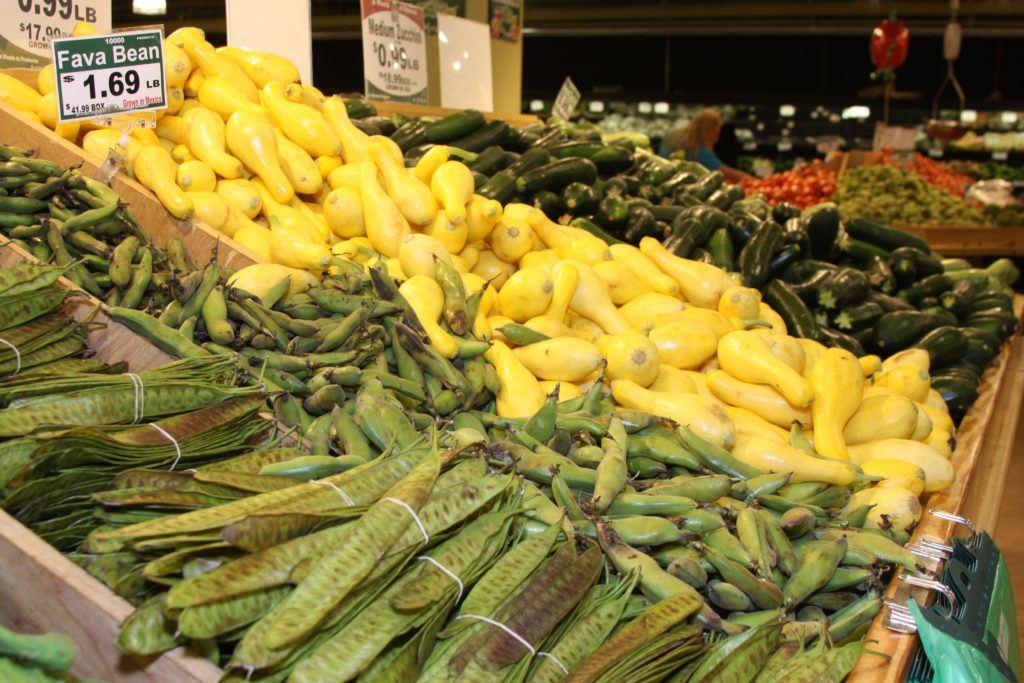Mar 19, 2024Survey: Farmers not to blame for high food prices
A recent survey of U.S. consumers show that most of them aren’t placing the blame for high food prices on farmers, despite a 25% increase in the category from 2019 to 2023.
The survey about 1,000 U.S. consumers showed that about 22% believe farmers are overcharging, while 64% disagreed and the remaining said they didn’t know. Broken down by political party about 23% of Republicans, 25% of Democrats and 18% of independents/other said they believe higher prices are directly related to what farmers are receiving, while all groups said food manufacturers, grocery stores and restaurants are overcharging, with a range of 71-77% from the three groups.


Of the 1,035 participants, 32.6% indicated they were Republicans, 36.7% said they were Democrats (n=380), and 30.7% that they were independent/other.
The quarterly Gardner Food and Agricultural Policy Survey tracks changes in public opinion on food and agricultural issues and policy, according to a farmdoc report on the survey results. Farmdoc, based in the Department of Agricultural and Consumer Sciences at the University of Illinois Urbana-Champaign, is a team of specialists that offer research-based information and analysis on agricultural finance, marketing and management. The survey was conducted in February.
Most of the increase has been attributed to supply chain disruptions, according to the USDA Economic Research Service. As political campaigns heat up, however, the public discourse about high food prices seems to have turned to companies’ pricing strategies and market power. For example, the Federal Trade Commission recently sued to block a grocery store merger between Kroger and Albertsons — with the grocery stores saying the merger would reduce food prices and the FTC saying that the merger would raise food prices.
In this article, we explore US consumers’ perceptions of firm size and pricing strategies of four important players in the food system – farmers, food manufacturers, grocery stores, and restaurants – using results from the most recent wave of the Gardner Food and Agricultural Policy Survey. We also investigate how consumers perceive firm size to be related to different measures of food quality, including safety, taste, and affordability.
Consumer perceptions of company size
To explore perceptions of firm size for farmers, food manufacturers, grocery stores and restaurants, the survey asked “Do you think any of the following groups in the food system are too big (i.e., have too much control or share of the market)?” The majority of consumers are concerned about the size of food manufacturers and grocery stores, with 67.8% and 51.6% indicating that they are too big, respectively. Fewer thought that either restaurants (35.7%) or farms (19.0%) were too large.
The majority of consumers across political parties thought food manufacturers and grocery stores were “too big” — highlighting that concerns about firm size have become a priority across party lines.
Food firm size and perceptions of quality
In addition to understanding consumers’ perception of food system players’ pricing and size generally, the researchers sought to understand how consumers related firm size to measures of quality.


They found that more consumers believe large food companies are better at ensuring the food they produce is affordable. More consumers also believe that small food companies are better at ensuring their food is sustainable and healthy. Finally, more consumers believe that food companies of both sizes are equivalent at producing food that was safe, tasty, and accessible.
Conclusions
Results indicate that more than 65% of consumers think food manufacturers are too big or have too much market power, and about half are also concerned about the size of grocery stores. Consumers generally do not believe that either farms or restaurants are too large.


Food prices have been at the center of political campaigns, but perception of pricing and firm size didn’t substantially change across political parties — consumers across the aisle believe they are being overcharged for food and that some participants in the food system (food manufacturers and grocery stores) are too large.
While consumers think food manufacturers and grocery stores are too large and are overcharging consumers, they also believe that large food firms are better than small firms at keeping food affordable — so consumer support for policies aimed at pricing strategies or market power seem less clear, according to farmdoc. They also believe smaller food companies are better at ensuring other important food qualities.
The farmdoc analysis of the Gardner Survey results was written by Maria Kalaitzandonakes and Jonathan Coppess, from the Department of Agricultural and Consumer Economics at the University of Illinois, and Brenna Ellison from Purdue University’s Department of Agricultural Economics.














